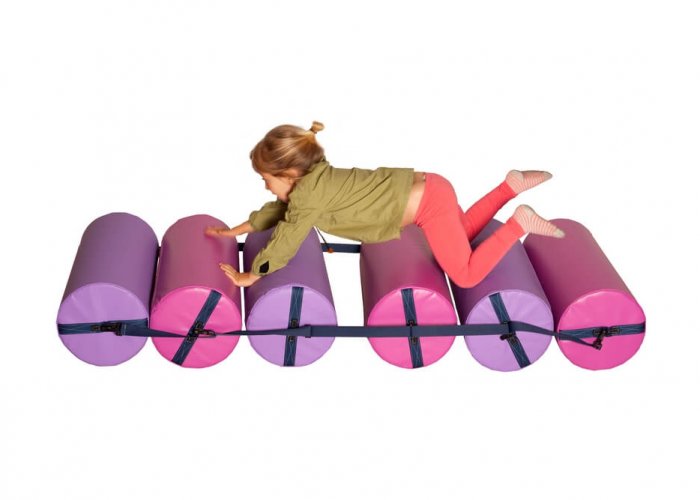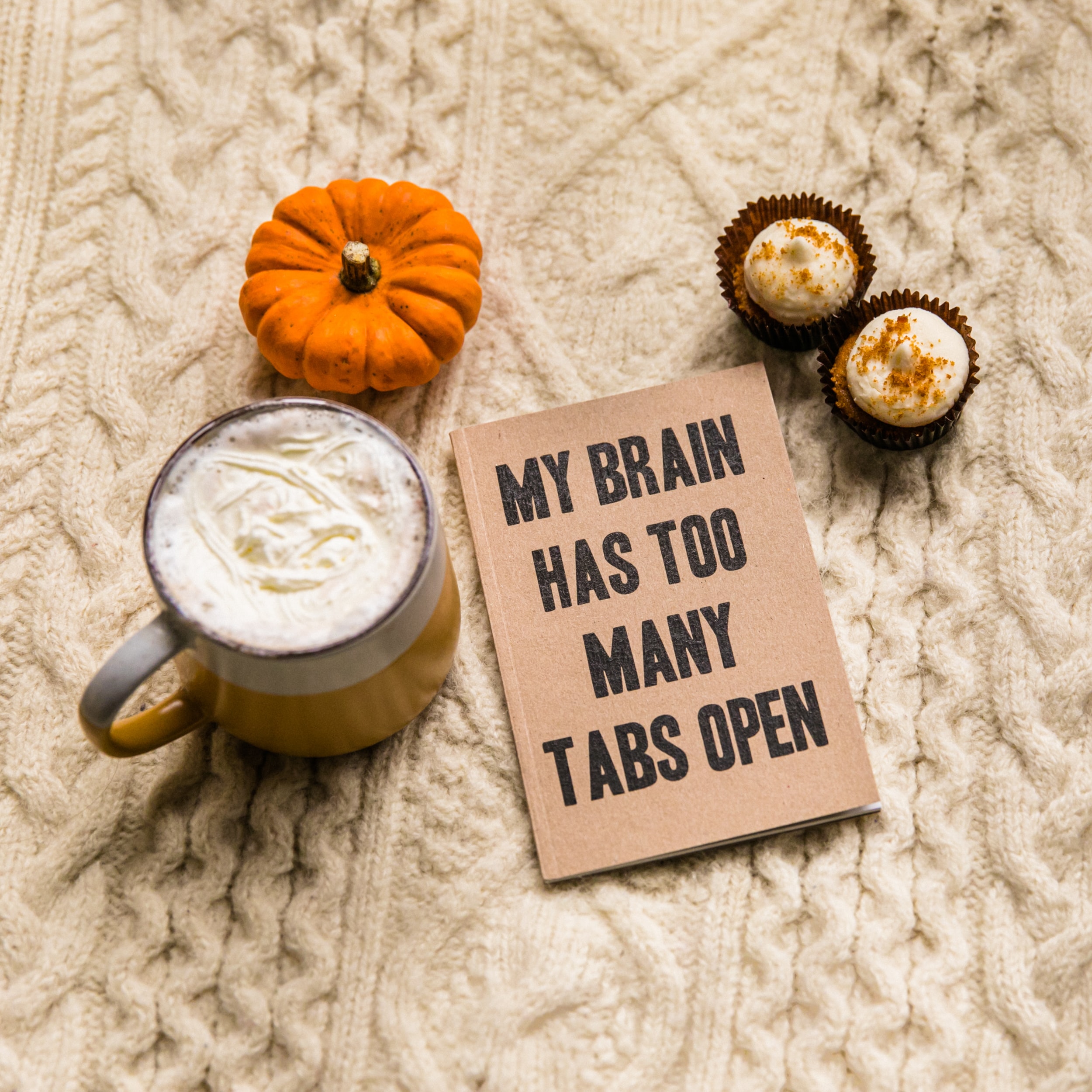Regulation is such an important subject that I am continuing the topic this month, and thinking about what is the difference between self regulation and self-control.
Stuart Shanker in this very helpful article states, ” There is a profound difference between self-regulation and self-control. Self-control is about inhibiting strong impulses; self-regulation is about reducing the frequency and intensity of strong impulses by managing stress-load and recovery. In fact, self-regulation is what makes self-control possible, or, in many cases, unnecessary. …… children are only able to develop and use “cognitive competencies” if their arousal has been reduced. We accomplish this by identifying and reducing their stressors and soothing rather than badgering the child when he is hyperaroused. In other words, we practice self regulation”
Instead of demanding a certain behaviour and giving consequences when an individual does not achieve that behaviour, we look at the behaviour through new glasses and listen, look and ask questions? Why is the individual behaving in this way? Are there signs of stress? What has happened in their background to maybe make them more vulnerable to stress? We put ourselves in their shoes. I find the following statement really helpful to hold in my mind when I am thinking about why an individual is behaving in a certain way:
“If I was this person with their background, experiences, challenges and difficulties, then I too would be behaving in the same way”.
Reframing the behaviour in this manner, then completely changes my attitude and approach. Instead of punishing, I am now asking myself what can I do to help this person be regulated. How can I decrease the stressors for this invidual? What can I put in place to enable this person to succeed? How can I help this individual be regulated?
Behaviour is multi-faceted and often much more complex than most of us like to think. If you would like tools to help you make sense of behaviour, then I would really recommend the course, Making SENSE of Behaviour.
Resources
Regulating yourself and your classroom
Watch this video which explains why regulation is so important for educators.
Sliding foam rollers
This is a great piece of equipment to get vestibular and proprioceptive input.

Numberfit
Integrate physical activities into your numeracy lessons with these free downloadable activities for ages 2 – 18 years.




